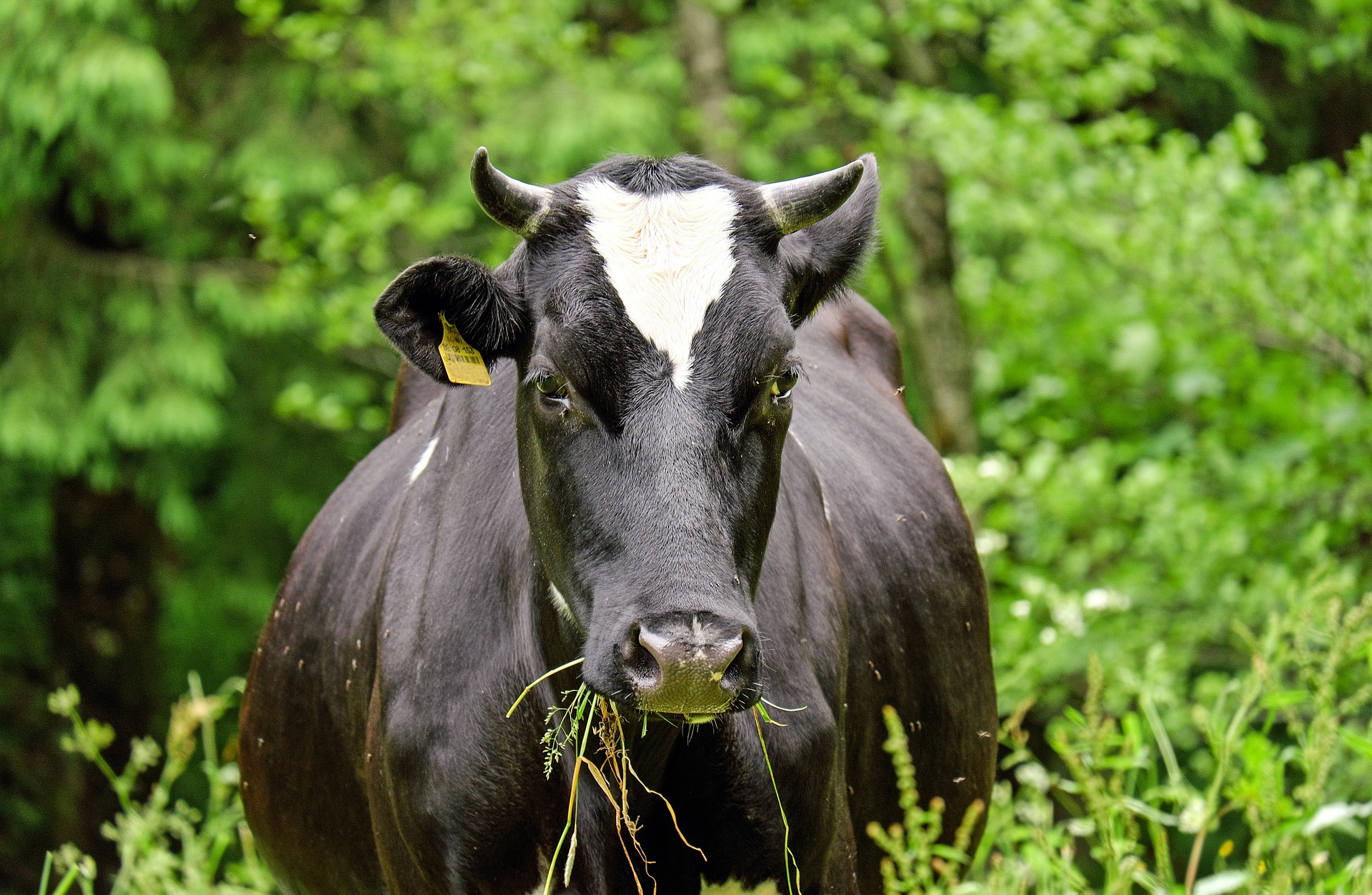13 U.S. Companies Failing on Deforestation-Free Beef
Author: Stacey McFadin | Published: November 29, 2016
The Union of Concerned Scientists (UCS) recently released a report, “Cattle, Cleared Forests, and Climate Change: Scoring America’s Top Brands on Their Deforestation-Free Beef Commitments and Practices.” The publication highlights how beef production is the primary contributor to tropical deforestation worldwide, predominantly occurring in South America. According to the report, consumer goods companies “have the power to help stop this destruction,” yet none of the 13 United States companies studied for sourcing South American beef had strong deforestation-free policies or procedures in place. The report advises that companies should work together with meatpackers, ranchers, and government to develop a comprehensive plan to end deforestation practices within the beef industry.
According to the report, one challenge to overcome is the structure of the beef supply chain. Meatpackers receive cattle through direct supplying ranches, only some of which are monitored for deforestation practices. The larger problem arises when cattle are shifted from ranch to ranch through various stages of production, allowing indirect supplying ranches to go unmonitored for deforestation. Without a system in place to track indirect supplying ranches, or the cattle who may pass through them, the meatpackers and the consumer goods companies cannot guarantee that the beef they receive is deforestation-free through the entire supply chain. Authors Asha R. Sharma and Lael K. Goodman see potential for change if major players in the industry band together, “These companies have a responsibility to work with their South American supplying meatpackers, which have enormous influence over the beef supply chain, to adopt robust deforestation-free policies and practices.” The authors also acknowledge consumer responsibility and power to effect change, noting previous success with zero-deforestation palm oil initiatives.

